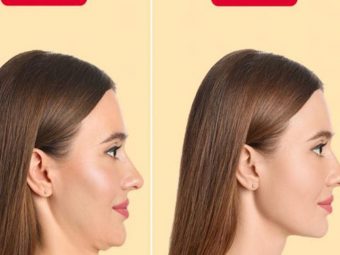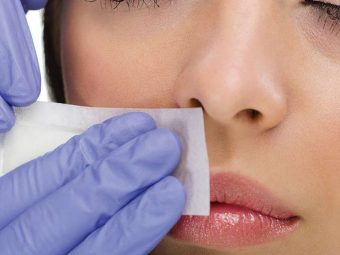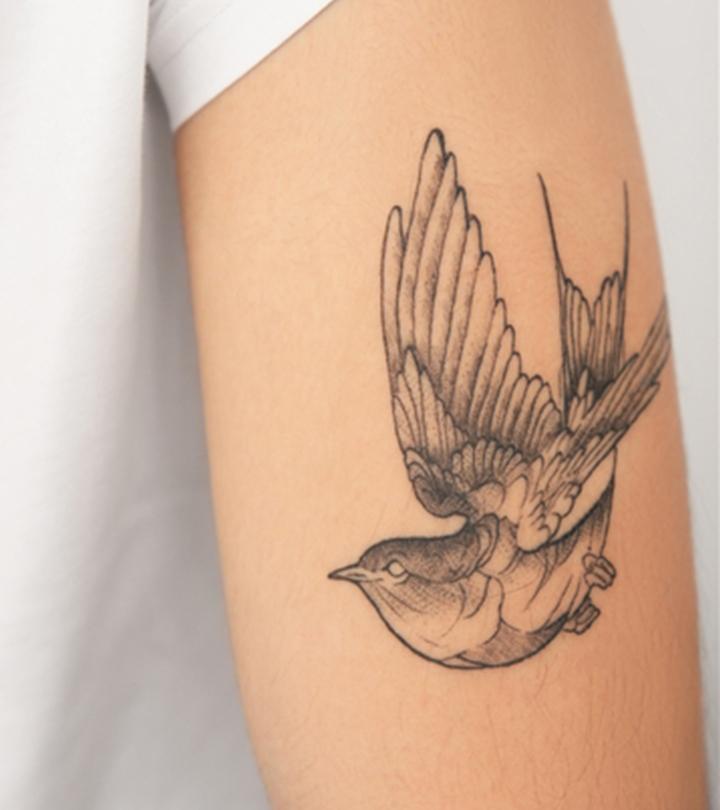What Your Chin Says About Your Health

Image: Shutterstock
Genetics play such a mysterious role in human lives, don’t they? You are born with a bunch of codes inside your body, and that’s what decides your entire life. Sometimes, there isn’t much you can do about it, but the history of humankind has always been a spectator to the rise and fall of thousands of bunches of these genes. Some of them had fought beyond their genetic limitations. Anyway, all this occurred to me because I stumbled upon information regarding facial asymmetries and how they signify something about your body and your wellness. The chin, a part of your face, says a lot about your health. Go ahead and have a read if you are wondering why I started with genes and went over to the chin.
So, I am talking about Prognathism (Protruded Jaw) first. If the lower jaw is protruding compared to the rest of the face, it is called mandibular prognathism, and if it is the upper jaw, it is maxillary prognathism. Sometimes, both the upper and lower jaws appear protruded, and the condition is called bimaxillary prognathism.
Why does this happen? That’s what I said at the beginning. Some people are just born with it. Anyway, genetics is not it. Sometimes, other medical conditions like overproduction of the growth hormone, or a condition that causes abnormalities in facial structures called the Basal Nevus Syndrome are the causes of prognathism (1). If this is not something you are born with and have started observing about your jaw, quickly visit a dentist or orthodontist who will help you fix your jawline. Also, seek medical advice if the jaw protrusion is accompanied by joint pains, broadened nose, or swelling in the joints, feet, and hands. Jaw protrusion is beyond just facial abnormalities, for, this is just a symptom of some other abnormality that might be existing in the body.
Next, it is Retrognathia (Recessed Jaw.) Like the word suggests, (in Greek, ‘retro’ means back, and ‘gnathos’ means jaw) it means that the jaw is recessed compared to the rest of the face. Retrognathia is rare and occurs in certain other genetic disorders. However, there is no specific genetic disorder that causes the chin to recede backward. If children are affected by this facial abnormality, they find it difficult to bite and chew food, both in childhood as well as adulthood. Apart from biting and chewing, there could be a problem in breathing, causing issues like snoring and sleep apnea. Again, the treatment would be orthodontics or dental surgeries for retrognathia. Sometimes, doctors prescribe the use of a headgear to set the teeth alignment and even out the upper and lower jaws.
Speaking of an asymmetrical jaw, in some of them, this is just a congenital condition they are born with. Some of the other reasons for an asymmetrical jaw is a growth spurt, where one side of the jaw is growing at a faster pace than the other side. Also, malnutrition in terms of proteins, physical trauma in the jaw or facial region, obesity, and even the effect of heavy metals can all cause an asymmetrical jaw. If you notice you are chewing significantly more on one side of the jaw than the other or if you find the deposition of plaque more on one side of the jaw, it is time you booked your dentist appointment. Most of the times, facial asymmetries, particularly on the jawline, are not visible to the naked eye unless you have some medical knowledge about the way a healthy jaw appears. The majority of problems caused by an asymmetrical jaw revolve around biting, chewing, and breathing.
Facial symmetry is something that is inadvertently essential for increasing your aesthetic value. Nonetheless, symmetry attracts the opposite sex not because it is pleasing to the eye, but this very facial symmetry is an indicator of superior and healthy genes (2). Also, more importantly, many plastic surgeons and dentists agree that some amount of asymmetry is there in all living beings. This is not only unavoidable, but it is also natural. For them, symmetry is beyond beauty. In general, facial asymmetries can be treated with simple fillers. However, if the problem is too severe, like in the case of lower face asymmetry, do not delay in visiting the doctor.
All the parents-to-be, if there is a history of jaw abnormalities or if you feel threatened about genetic defects affecting your children, talk to a gene counselor and take expert advice at an early stage instead of waiting for the genes to manifest themselves into physical reality. Did you have any asymmetries or do you know of any? Comment below and let me know in what other ways do abnormal jaws affect growing and wellness.
























